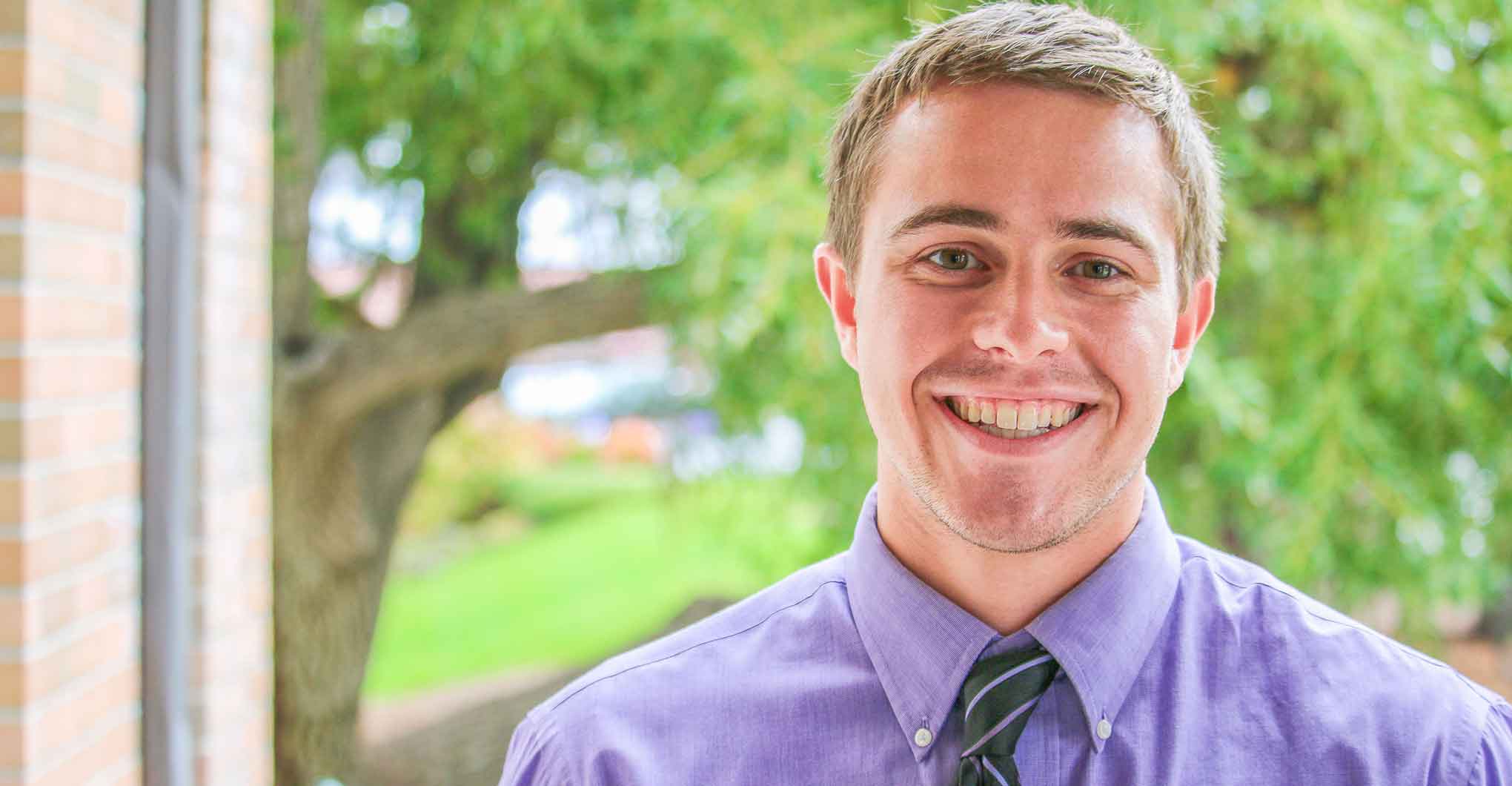Students studying Business: Accounting and Strategic Finance at Carroll College gain an in-depth understanding of financial reporting, managerial accounting, auditing, financial analysis and planning, accounting information systems, and taxation along with the communication skills, ethical reasoning, and analytical abilities that employers value.

Business: Accounting & Strategic Finance
Details
Fighting fraud, accounting for carbon credits, and helping entrepreneurs build businesses are a few of the exciting career opportunities awaiting today’s accountants! Accountants are the trusted, strategic business and financial advisors that individuals, businesses, non-profits, and governmental entities rely upon to analyze the past, solve current financial problems, and plan for the future. Working with others, accountants use technology, qualitative information, and quantitative data to explore innovative solutions to complex issues. Accounting careers offer high salaries, job security, and work-life balance.
- Undergraduate
- Major
- Minor

About the Program
Classes introduce leading-edge material, such as environmental, social, and governance issues (ESG reporting) and forensic (fraud) analytics. In addition, students complete a common business core, which includes business management, marketing, financial management, economics, and business law.
Why Accounting at Carroll College?

Small Class Sizes
With small class sizes, students enjoy individual attention and personal interactions with professors who are experts in their fields and committed to providing students with engaging academic challenges in a supportive atmosphere.

Career Preparation
The sky is the limit with a Business: Accounting and Strategic Finance major from Carroll College! Equipped with the breadth and depth of accounting and business classes supported by a strong liberal arts background, students are prepared for a wide range of professional career opportunities.

Career Opportunities
Students have opportunities to work closely with business professionals, attend professional accounting conferences (such as an annual fraud conference), and nearly 90% of accounting majors complete internships or work for regional accounting firms, local non-profits, area businesses, and governmental agencies while enrolled at Carroll. For example, a Carroll student recently completed an internship with the FBI. Internships with accounting firms in Helena include Wipfli and Pinion (ranked in the top 20 and top 70 U.S. accounting firms, respectively).

Accelerated Plan
Students studying Business: Accounting and Strategic Finance complete the program in 4 years but may choose to pursue an optional accelerated plan which allows students to complete the undergraduate curriculum in 3 years at Carroll. Students choosing this path complete AP credits, transfer credits, or summer classes to accelerate their progress.

Personalized Education
Accounting students at Carroll College are also encouraged to personalize their education by combining a major in Business: Accounting and Strategic Finance with majors or minors from another business area or from other departments. For example, a major/minor in Data Science or a major in Business: Financial Planning would be a great complement to the accounting major. Other students choose to enhance their education with an unrelated minor, such as Sociology or Psychology.
After Graduation
Accountants remain in high demand, and accounting has been listed among the best jobs and happiest careers. With an accounting degree grounded in a liberal arts education at Carroll College, students develop the skills that employers value: strong communication abilities, analytical and reasoning skills, and the knowledge to make ethical decisions. The Carroll College Career Center is available to assist students with securing internships, developing resume writing or interviewing skills, and researching employers.
Accounting majors are prepared for a variety of challenging and rewarding careers such as consulting with individuals on tax or financial planning matters, becoming a forensic accountant for the FBI, working for a local or international corporation, or providing audits of financial statements.
Accounting graduates may enter directly into the workforce or enroll in graduate school. Recent graduates have gone on to earn MBAs, masters of accountancy degrees, doctorates in business administration (DBA), or law degrees from schools such as Montana State University, University of Montana, University of Idaho, Gonzaga University, George Fox University, and University of Notre Dame.
To become licensed as a CPA, nearly all states (including Montana) require individuals to have earned 150 credits. (Note that other accounting certifications, such as certified management accountant or certified fraud examiner, do not require additional credits beyond the undergraduate degree.) In Montana, individuals may sit for the CPA exam with their undergraduate degree. Your Carroll College advisor can help you consider your individualized approach for sitting for the CPA exam and earning the additional credits to become licensed as a CPA.
Outside the classroom
Free memberships in the Montana Society of CPAs
Carroll accounting students receive free memberships in the Montana Society of CPAs and scholarship opportunities are available through the MSCPAs. Students may attend the MSCPA annual conference for free, including hotel and travel costs!
Fraud Conference
Accounting seniors attend the Fraud Conference for free. Expert presenters include convicted fraudsters, such as Andy Fastow from Enron.
Past Carroll accounting grads have earned scores in the 80s and 90s on the CPA exam. Students should plan to use a CPA review provider, such as Gleim.
Carroll accounting students participate in the Ethical Leadership Certification program sponsored by NASBA Center for the Public Trust.